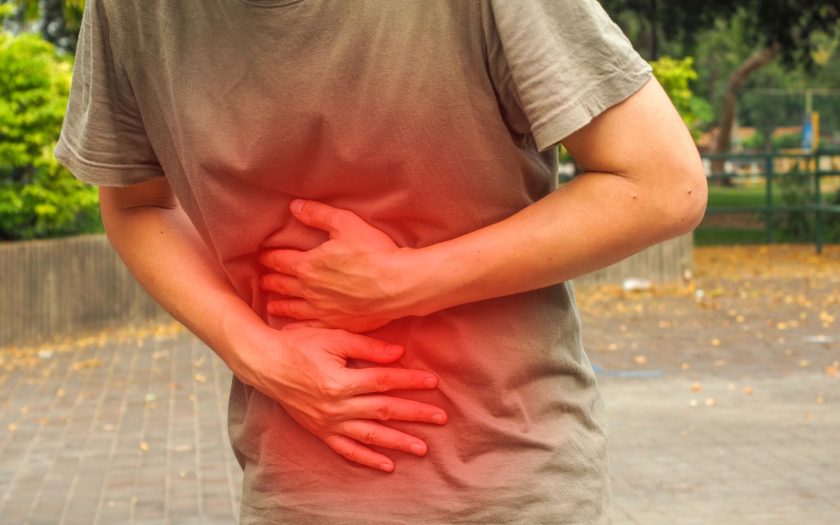Don’t lie down right after a meal.
Studies have shown that a horizontal position immediately after a hearty lunch or dinner slows down the bowels and can contribute to unpleasant symptoms in the abdomen and esophagus. People with gastritis, acid reflux, or GERD can feel this especially. In addition, eating fatty or heavy foods that take longer to digest can make you feel even worse. In such cases, in addition to changing your eating behaviour, it is important to take medications (for example, Arrow-Ranitidine, Nexium, Omez, Sompraz, Nexpro) to relieve symptoms.
Avoid physical exertion.
After a full meal, your body is not ready for physical activity, as it needs to focus on internal work that will help it digest food properly. That’s why engaging in intense exercise right after a meal is not a good idea. For instance, heading to the gym or jumping into housework immediately after eating may result in symptoms like heaviness, nausea, or even abdominal cramps. A light walk is a much better option, as it stimulates digestion without overloading the body. Try to wait at least 1 to 1.5 hours after a main meal before doing any strenuous activity such as running, high-intensity workouts, or vigorous cleaning.
Avoid smoking after meals.
Many people have a habit of smoking immediately after a meal, mistakenly believing that it helps to improve the process of food absorption. In fact, this habit is more harmful to the body than it seems. After a meal, the body is actively digesting food, and when nicotine enters at this point, blood circulation in the internal organs deteriorates significantly. Additionally, the stomach lining becomes more permeable at this time, allowing harmful substances from cigarettes to be absorbed more readily. According to some studies, a single cigarette smoked right after a meal can be as toxic as five. It’s best to wait at least an hour after eating before smoking — or even better, consider using this as an opportunity to cut back or quit altogether.
Don’t wear tight clothing.
After a hearty meal, the body needs comfort and freedom, not additional pressure. Wearing tight or restrictive clothing, such as belts, tight jeans or tight skirts, can compress the stomach and disrupt the normal functioning of all internal organs. Because of this, your breakfast or other meal will not be able to fully undergo all the processes of processing in the body, which can cause significant discomfort. Therefore, after eating, it is better to choose loose and comfortable clothes that do not restrict movement and give the stomach enough space to work.
Avoid eating sweets immediately after meals.
Consuming sugar right after a meal can cause a rapid spike in insulin levels, followed by sudden drops in blood glucose, leaving you feeling sluggish or drowsy. In addition, sweets with a high sugar content break down quickly in the digestive tract, which can cause bloating and a feeling of heaviness. For example, having a piece of cake or chocolate after a large dinner adds stress to an already busy digestive system, slowing the process even further and causing discomfort. The ideal option is to leave dessert for later, giving your body time to cope with the main meal. If you really want something sweet, try to eat it a few hours after your meal, when your stomach has already completed the main digestion process and is ready for a light dessert without harming your health.

